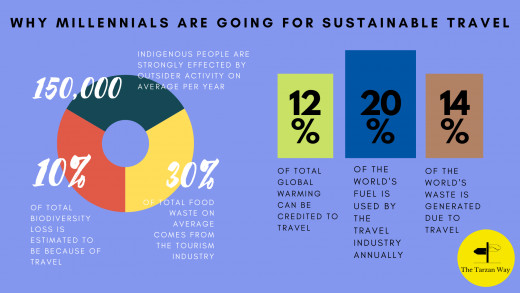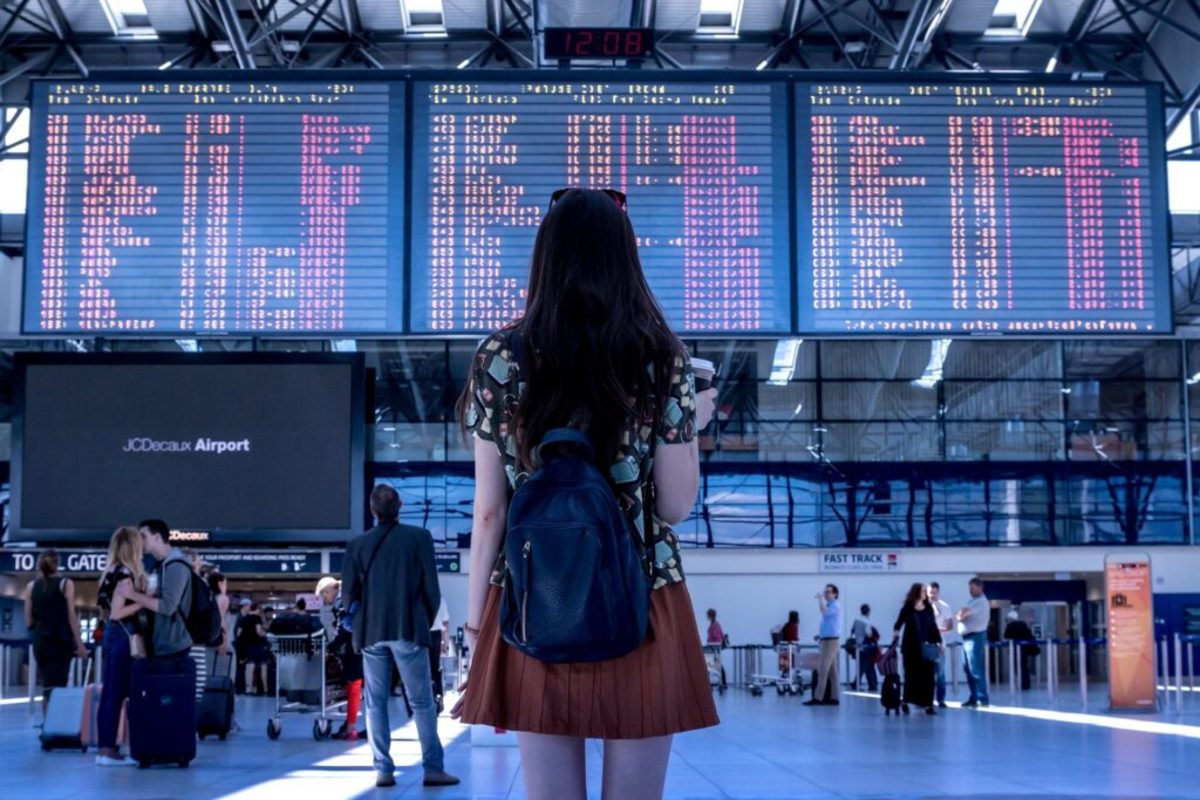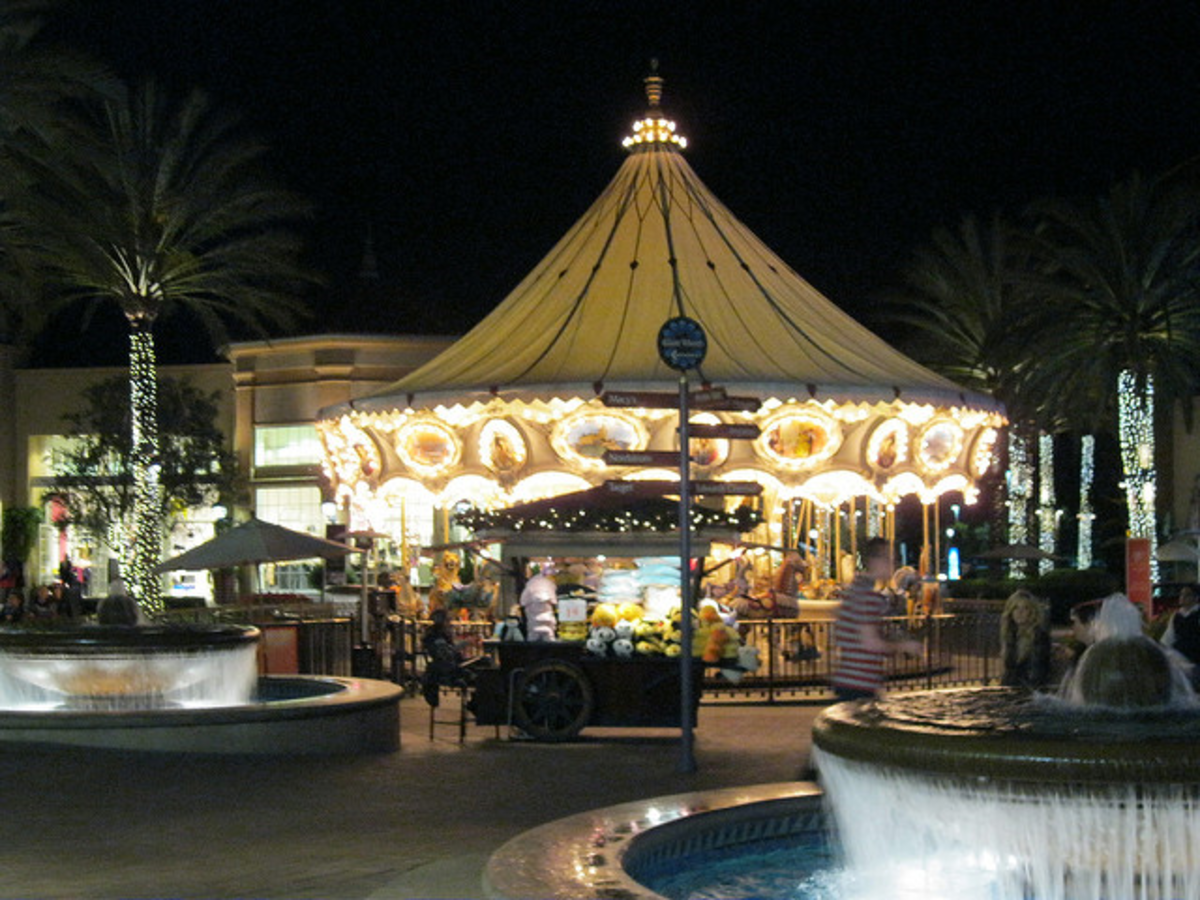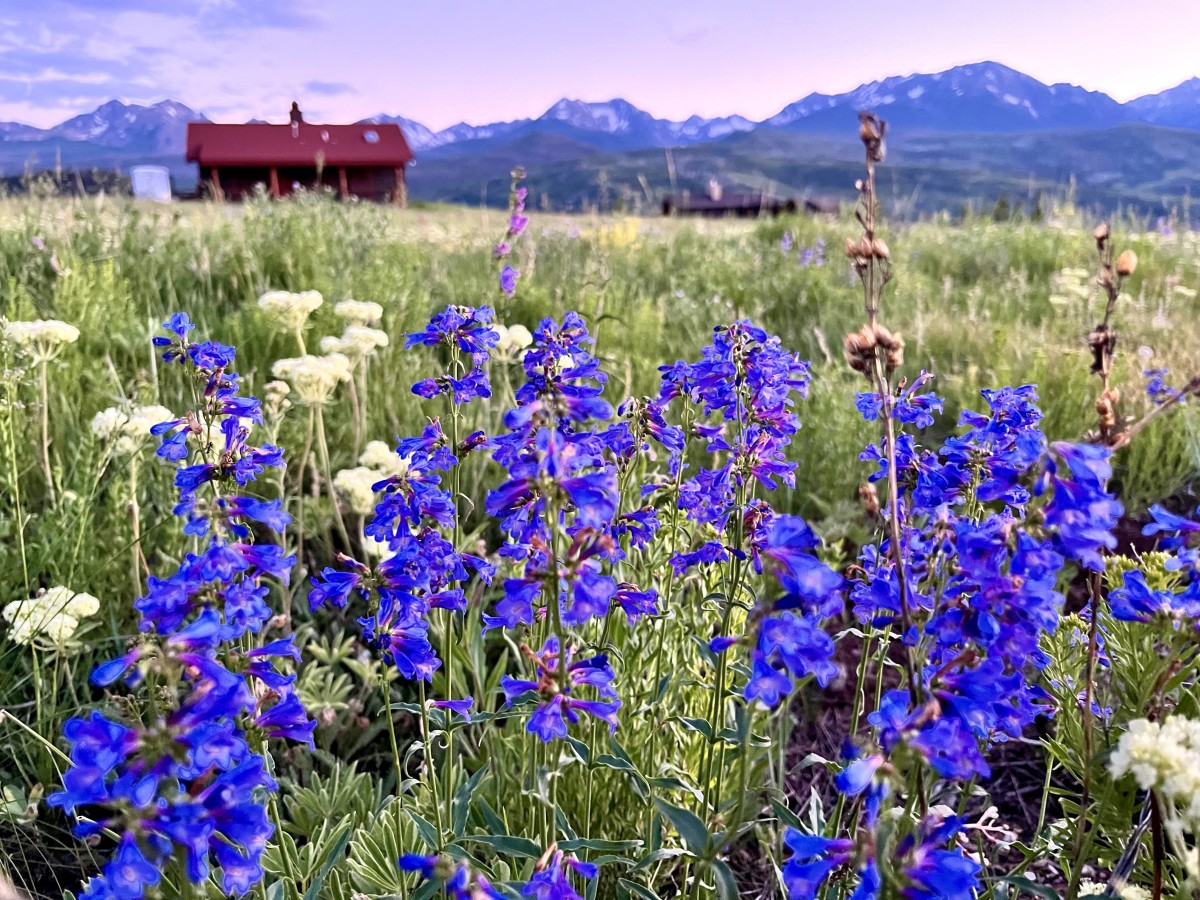Why Millennials are Opting for Sustainable Travel
Why Millennials are Opting for Sustainable Travel: 5 Effects of Travel on the Environment
A little under a year ago, Greta Thunberg, a popular climate change activist, spoke passionately and strongly about the need for change, urgently and sustainably. Although this brought a lot of publicity to the massive youth movements against global warming, it did little in terms of real change that can be created and implemented. Greta would even refuse to travel by air when she was invited to different countries due to the large carbon footprint left behind by air travel and instead relied on a small boat with a small crew.
The effects of travel on the environment are far and wide, but also relatively unknown or ignored. Not only does travel speed up global warming, but it also causes harm to ecosystems, communities, and the use of finite resources. This issue is pressing, important, and something that needs to be understood and addressed before its too late.

Global warming and Travel - the humungous carbon footprint
It is estimated that around 6-7% of total year-on-year global warming is caused by travel by flight, and a few points less than this number is the share of cruises in the same. The two methods of travel use up huge amounts of fuel, and not much is really going to change because fuel usage is convenient and cheap, although incredibly harmful for the environment. One average round trip from a place and back in a flight can cause the same amount of greenhouse gas (GHG) pollution as 50 cars in a year, per person.
It takes a lot of fuel for flights to fly and land safely, and many companies get close to bankruptcy due to the expense of running planes that use so much fuel on a daily basis. Although some American airlines like Delta have pledged to use more sustainable fuel and change the way fuel is used by planes, long term change won't start until companies are pressurized into it and realize the cost of their actions. Fuel used to power flights is dangerous not just because of the carbon footprint but also the consequences of exhaust emitting carbon molecules into the stratosphere.
Find different ways to travel, by road, by train, by caravan - although they still leave a carbon footprint, it is lesser and can be reduced more by opting for electric cars and vehicles - you even get electric motorhomes.
Reduction in Biodiversity
Biodiversity is extremely important because of the ecosystems dependent on them - each and every species has a relation with multiple others and their existence, no matter where their position is in a food web or triangle. When one species reduces in number or goes extinct, it threatens the entire ecosystem - this is bad for us because we're dependent on a number of them for more things than you'd guess. Each species has its role and place - disturbing that can have devastating impacts.
So what does travel have to do with this? We bet you've visited a park or two in your travels, or seen the interactive zones in large ecosystems. More often than not, human encroachment actually results in reduced populations and a disturbance in their systems. Some parks do follow proper procedures, but many don't too. Moreover, those deep jungle resorts and hotels in forests mean clearing the land completely, damaging the ecosystems in the area, and draining the area of its natural resources.
Increase in Waste Disposal - especially single-use plastics
Think back to the last time you traveled - how many cartons and plastic/paper cups had you used and disposed of at the airport and flight? How many plastic food containers did you use? What number of towels did you throw for the wash in your hotel? How much did you litter? You'd be surprised at the answers you'll find. When it comes to travel, the purpose of companies is to bring leisure at low rates, find easy ways to make travelers comfortable. And the stark truth is also that we're just not as careful in different, new places as we would be at home. A lot of tourism is purposefully wasteful - those giant hotel napkins, the easily disposable and convenient plastic wraps, etc. The UN estimates that around 14% of the total waste generated annually is because of the tourism industry, and this isn't a one-time case. Every form of travel is designed to be convenient, and even if the materials used are biodegradable, they aren't recycled as often as they should be.
The destruction of Indigenous Tribes
Many places you travel to can have scars that most don't know about and cannot see. These are the scars borne by the original tribes and people of lands who either get kicked out of their own land or get the bad end of the deal when corporates decide to set up shop for tourism in their villages and forests. Various fishing communities along beaches have been displaced by wide scaled luxurious beach resorts in countries like Thailand and Malaysia. In Burma, low wage workers are forced to work long hours for less on tourism projects for the apparent development of their communities, while the tourists who visit view these tribes much like zoo animals are through literal sightseeing of their territories. The sex tourism industry is a widely growing phenomenon in many countries.
All these examples illustrate one thing - the tourism industry that encroaches upon natural habitats and takes away isolated territories from the indigenous people is much like the modern-day colonization effort, except even worse because it is cloaked by claims of helping communities instead of the reality.
The relation between construction, agriculture, and travel
There are many indirect effects of travel as well, that we don't see or acknowledge because we don't know how harmful they are.
Take construction and agriculture, for example, the two industries that use the most water. Agriculture uses 60% of a community's freshwater on average, and construction uses 30%. Not only does construction absorb so much freshwater, but it also gives out some of the highest rates of toxic waste and effluents. Hotels, resorts, and recreational spaces for tourism involve a lot of construction, a lot of waste regularly generated that isn't disposed of properly either, and a lot of resource usage (hotels use up thousands of liters of water a day in wasteful ways). Agriculture, on the other hand, is a complex issue. Although it uses up a lot of resources, food security is a still-growing threat in the world. Agriculture includes livestock, in particular, beef, which is the highest contributor to global warming in agriculture and one of the highest in general. As beef consumption increases, more and more communities that previously didn't consume it have started buying livestock and crops for beef for the purpose of exports and tourism.








